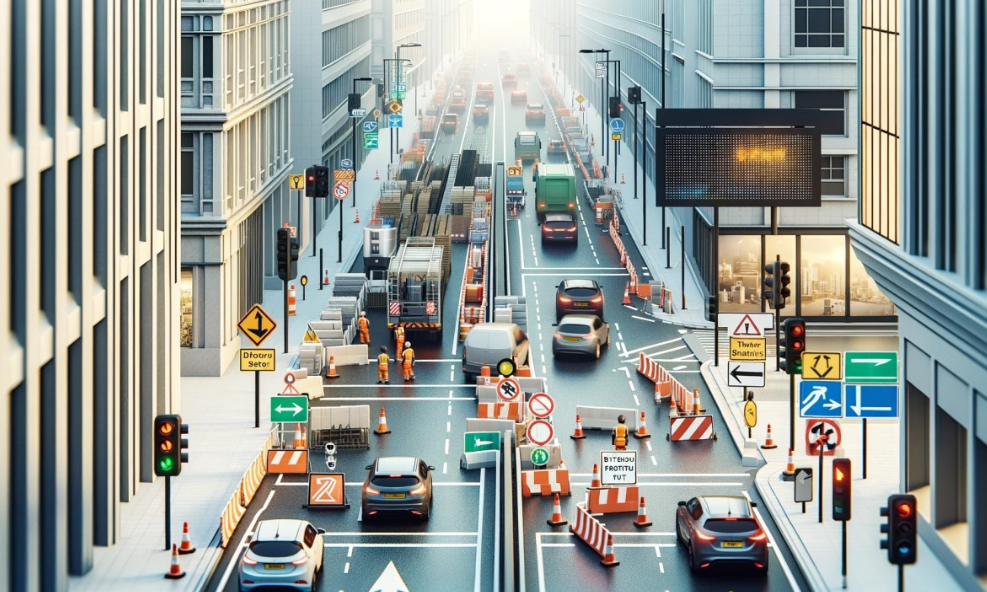In the hustle and bustle of our daily lives, navigating through the maze of roads and highways can often be a daunting task. However, with the advancements in traffic control systems, commuters are experiencing a significant shift in their daily commute experiences. These sophisticated systems are revolutionizing the way we move from point A to point B, offering smoother traffic flow, reduced congestion, and improved overall safety on the roads.
Enhancing Traffic Flow Efficiency
By strategically managing traffic signals, monitoring congestion levels, and optimizing lane usage, these systems ensure that vehicles can move seamlessly through busy intersections and thoroughfares. This proactive approach not only reduces travel times for commuters but also minimizes the environmental impact of idling vehicles stuck in traffic jams.
Minimizing Congestion and Delays
Traffic management systems play a pivotal role in alleviating congestion by dynamically adjusting signal timings based on real-time traffic conditions. By synchronizing traffic-management-plan and implementing adaptive signal control, these systems help to keep traffic moving steadily, thereby reducing bottlenecks and delays along major commuter routes.
Improving Safety and Reducing Accidents
Safety is paramount on our roads, and traffic control in nz are instrumental in enhancing overall safety for commuters and pedestrians alike. By enforcing speed limits, regulating traffic flow, and incorporating features like pedestrian crossing signals, these systems create a safer environment for all road users. Moreover, by alerting drivers to potential hazards and providing real-time traffic updates, they contribute to a significant reduction in accidents and collisions.
Benefits of Smart Traffic Solutions
By minimizing stop-and-go traffic patterns, reducing idling times, and optimizing routes, these systems help decrease fuel consumption and vehicle emissions. This eco-friendly approach not only benefits the environment by lowering carbon footprints but also promotes sustainable transportation practices among commuters.
The Future of Commuting
From the integration of AI technologies for predictive traffic modeling to the emergence of connected vehicle systems that communicate with infrastructure, the landscape of urban mobility is undergoing a transformative shift. Commuters can anticipate smoother journeys, reduced travel times, and enhanced overall transport experiences as these innovative systems become more ubiquitous.
Conclusion
In conclusion, the impact of traffic control systems on commuters is undeniable. These advanced systems are reshaping the way we navigate our daily journeys, offering enhanced traffic flow efficiency, minimized congestion, improved safety measures, and environmental sustainability. As we stride towards a smarter and more connected future, embracing the benefits of intelligent traffic solutions will undoubtedly pave the way for a more seamless and efficient commuting experience for all.

